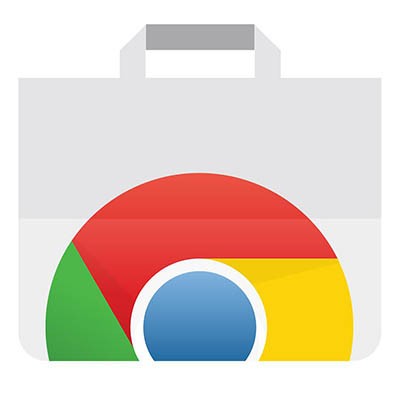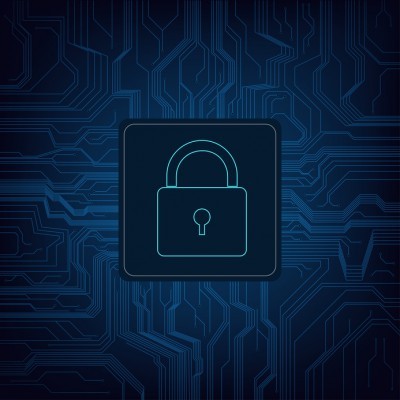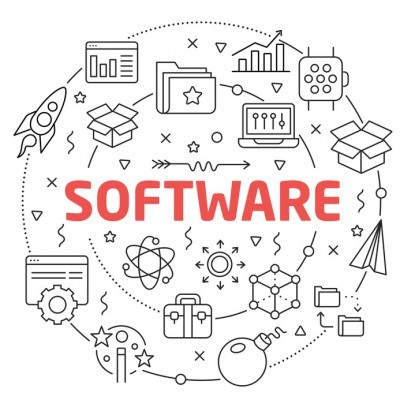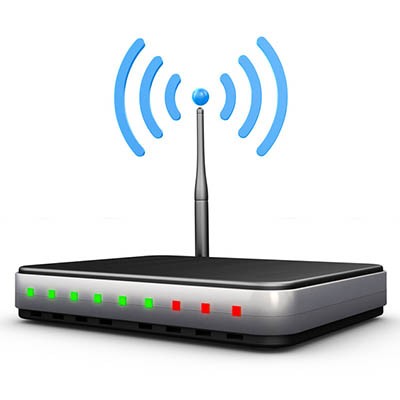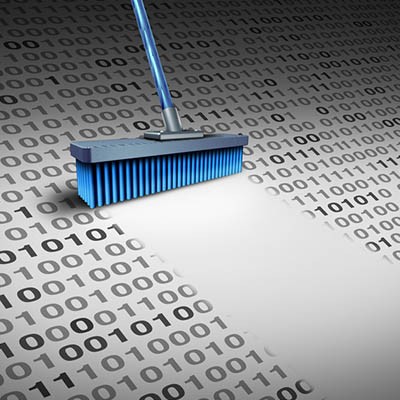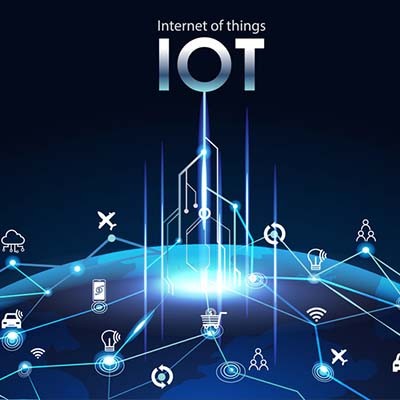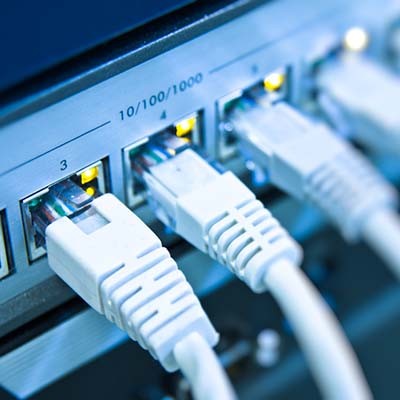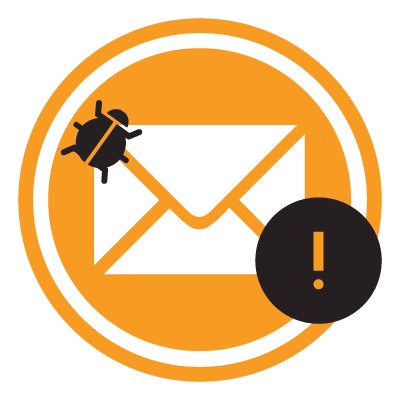NetWorthy Systems Blog
Google has contributed many useful applications and utilities to the average computer user, but one of the biggest standalone contributions that Alphabet, Inc. has made is Gmail, its email program. While this communications tool is comprehensive on its own, it only becomes more useful when paired with the right extensions. Today, we’ll review some of the ones that can best help you boost and sustain high levels of productivity.
It’s imperative that your organization’s software is managed properly. If you can’t do this, then your operations can suffer in the long run. While this might sound like a lot of work, software management isn’t as difficult as it sounds if you break it down into compartmentalized tasks. Ultimately, you can group it into three major steps: leveraging available assets, testing strategies, and understanding the software.
The file cabinet. It may be a staple of the office, but boy can they be a pain in the neck. Every file needs to be printed and collated only to be filed in a dingy file cabinet with the off chance that it will ever be needed again. For businesses that have a lot of paper filed away, a document management system can go a long way toward modernizing your organization, and providing a access-controlled database where you can find any file in seconds.
Running a business sometimes requires attention to very minute details, and some things must be measured in order to achieve optimal efficiency. You’ve likely heard the terms bits and bytes used regarding data storage or transfer, but do you know what the difference is between them? Today’s tech term is dedicated to this explanation.
Many business transactions may be moving away from the telephone, but it is still a must-have for any business. Not everyone is Internet-savvy after all. Nowadays, there are plenty of telephone options out there, but only one carries no upfront hardware costs or a exorbitant fee structure: Hosted VoIP. Today, we will take a look at the benefits of cloud hosted VoIP, and how to get one working for your business today.
Nothing lasts forever - especially your business’ technology. However, you shouldn’t just get rid of your old technology willy-nilly. This is mostly for two reasons: one, many of the components in our technology are really bad for the environment; two, carelessly disposing of technology is a great way to put your data at risk. In order to protect your data, you need to make sure that your old equipment is properly disposed of.
Wi-Fi has been one of the single most useful innovations for the modern office. Connecting to your Internet without having to be physically connected to it via an ethernet wire has been an incredibly freeing process--one that opens up all sorts of possibilities of where (and how) you can get work done. How can you make sure that your Wi-Fi signals are as clear and reliable as possible?
Artificial intelligence is perhaps most commonly known as a malevolent force, thanks to popular culture. HAL 9000, Ultron, and many others have reinforced that A.I. will be the downfall of humanity. In reality, however, A.I. holds more potential utility as a key implementation in your business’ network.
It can be argued that your organization isn’t considered “modern” without taking advantage of truly modern technology solutions. This includes the cloud, which provides anytime-anywhere access to important information or products. This type of access--also known as Product as a Service--can help your budget by eliminating large up-front costs in favor of smaller payments more regularly. This might seem ideal for your organization, but we urge you to take a step back and think about the solution before accepting terms of service without looking for extra hidden costs.
You may have heard technology professionals use the word “cache,” pronounced cash, in their day-to-day duties, but do you really know what it means? Generally, the context of this word is that users should “clear the cache,” but unless you know what that process entails, you won’t really understand what the cache does or why it’s used in this way. This week’s tech term is cache, so let’s see what hidden treasures this word yields.
How does your business handle its on-premise, physical data backups? This is a question that you don’t necessarily have to ask yourself under pressure of a looming data loss incident. Despite the cloud being the clear victor in terms of restoration and reliability, physical data backup is still an important part of the business continuity process. In the worst-case scenario, a physical backup can be helpful for getting back on track.
Zero-day threats are some of the most dangerous ones out there. What we mean by “zero day” threats are those that have been discovered by hackers before an official patch has been released by the developers, giving them exactly zero days before they are actively exploited in the wild. One of the more dangerous zero-day threats out there at the moment is one that takes advantage of Internet Explorer.
Paper can be incredibly expensive, especially with the quantity that a normal business goes through every single day. However, not only is it expensive on the monetary side, but also on the environmental side as well. By making some changes around your office, you can be more eco-friendly and budget-friendly by reducing the amount of paper waste your organization suffers from.
If there is one thing that you can always count on from your business’ technology, it’s that it will inevitably fail at some point in the future. Therefore, your business should have a plan to keep this from happening at all costs. It’s understandable that you would want to make sure that your needs are properly evaluated both now and in the future. To this end, a technology assessment is incredibly helpful.
The Internet of Things has been growing rapidly, and with this growth it has become a major part of daily life. There are connected devices you couldn’t even fathom being needed, but some have turned out to be exceeding useful. In 1977, the release of Star Wars saw people’s imaginations expand. The science end of the sci-fi went into overdrive, and soon communications and computing would change forever. Despite being a long time ago in a galaxy far, far away, the Star Wars universe introduced several concepts of the Internet of Things, decades before the IoT was even conceptualized. This week, we will take a look at the modern day Internet of Things, and how Star Wars primed us for our own future.
The Internet has become an irreplaceable part of many business’ operations, which brings the thought into question of how much you rely on it for your daily duties. Technology has changed the way that the Internet works for the better, but there is one part of its operations that still lies at the heart of it: bandwidth.
Email is a modern classic as far as business solutions are concerned, and you’d be hard-pressed to find an office that didn’t use it in some capacity or another. However, because email is so popular, it has become a favorite attack vector of malicious users. Fortunately, there are some basic practices that will help keep your email account secure and your communications private.
Smart technology has been growing rapidly over the past few years. As a result, there have been many different companies popping up, trying to develop the next “big” thing. With technology becoming a hot button issue all around the world, and with a consumer base that increases by the day, today’s smart technology is seemingly just the tip of the iceberg. Today, we will look at three industries in which smart technologies are making a big impact.


